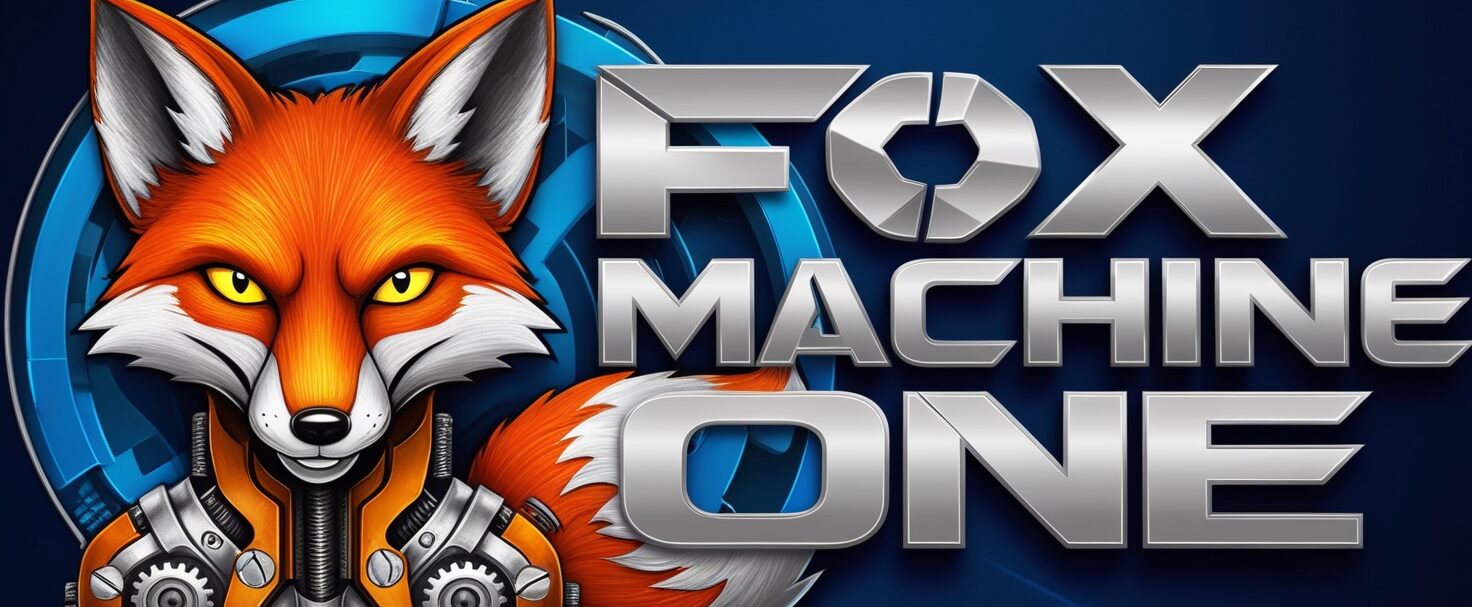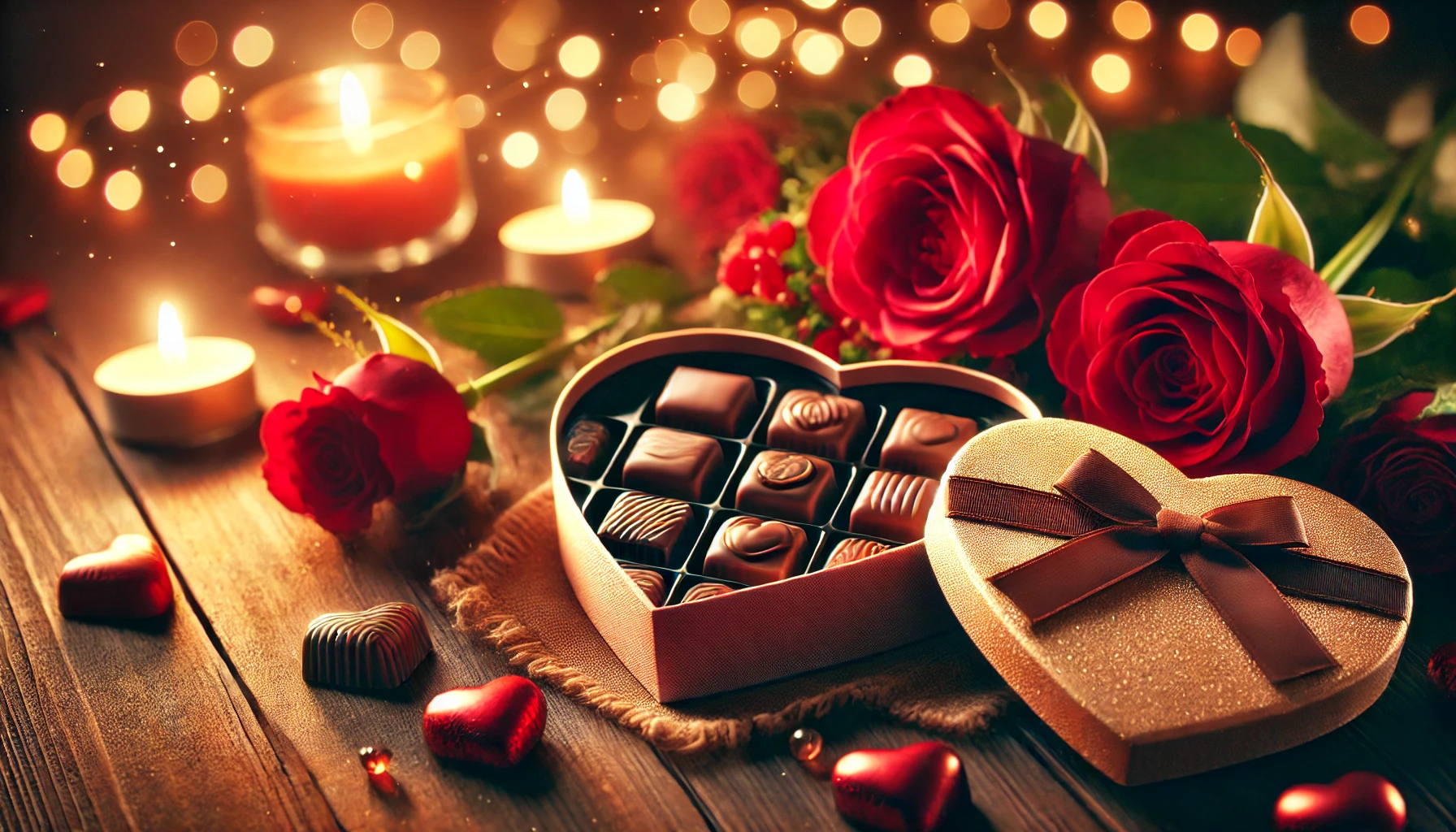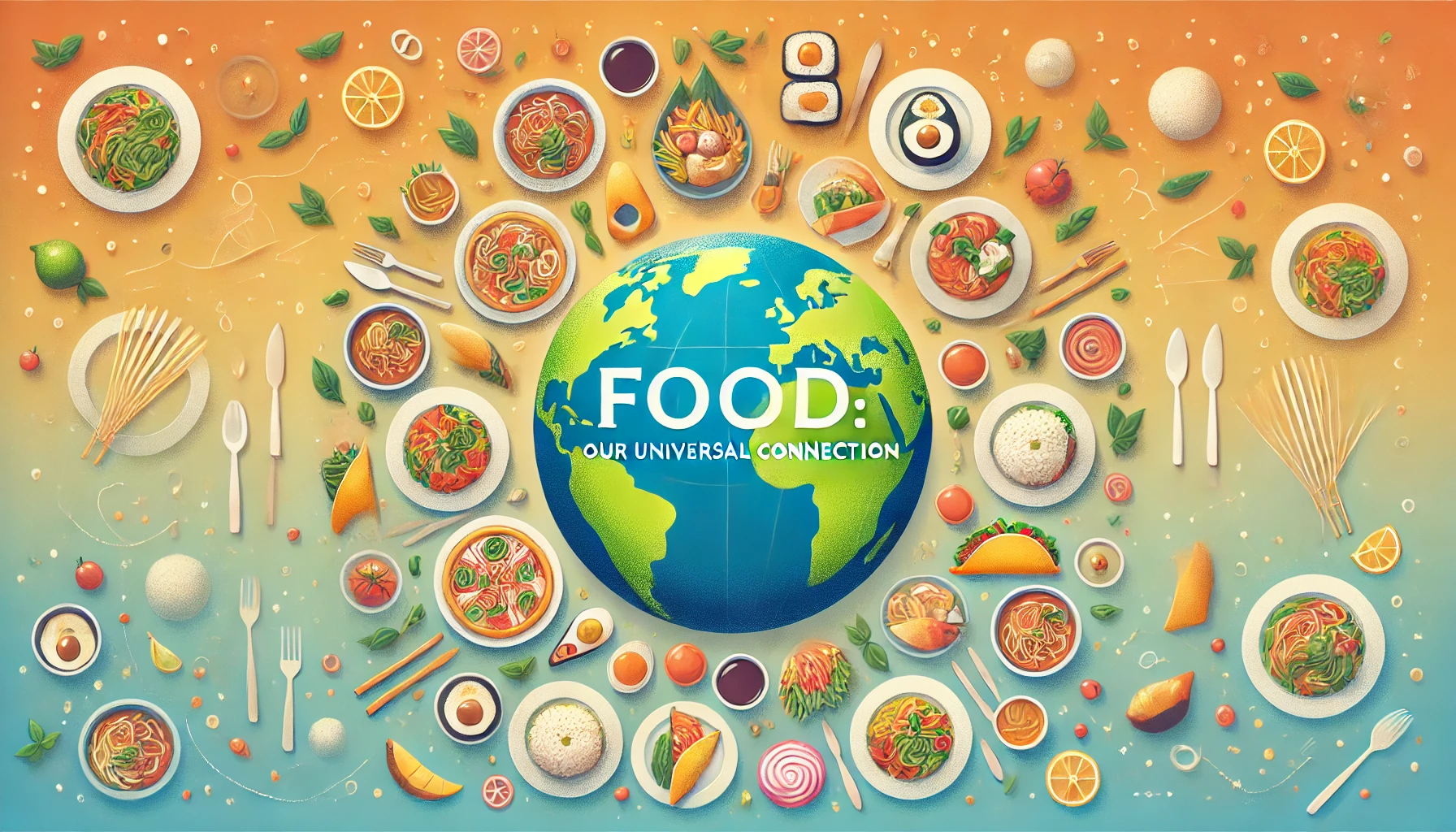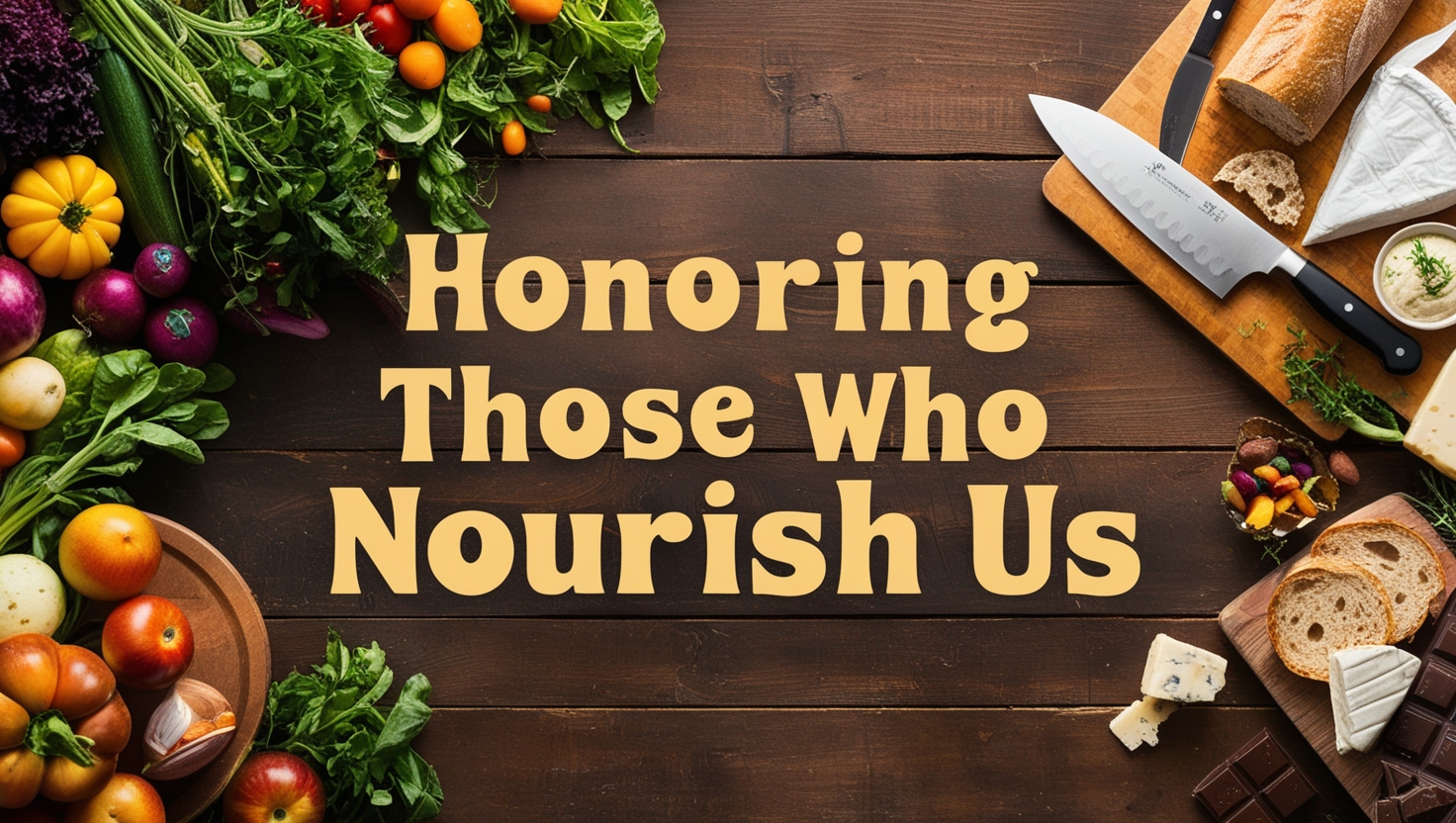Introduction
Love is often regarded as the most profound and universal human experience, shaping relationships and inspiring art, culture, and history. Yet, alongside love, small indulgences like chocolate bring joy and comfort into our lives. This article explores the interplay of love and chocolate, examining their psychological, cultural, and emotional significance. Together, they form a narrative of passion, connection, and simple pleasures.
The Universality of Love
Love is a universal language, transcending cultures and time. From familial love to romantic connections, it is the foundation of human bonds.
Types of Love
Love manifests in many forms, each unique yet interconnected:
- Romantic Love: A powerful emotional and physical connection between individuals.
- Familial Love: The unconditional affection shared among family members.
- Platonic Love: Deep friendships that offer support and trust.
- Self-Love: The foundation of personal well-being and confidence.
Each type of love plays a crucial role in human relationships, contributing to emotional health and societal harmony.
Love in History and Culture
From ancient epics like Romeo and Juliet to modern love songs, love has been a central theme in art and literature. Its universal appeal stems from its ability to resonate with everyone, regardless of background.
The Allure of Chocolate
Chocolate, like love, is universally cherished. Its rich, creamy texture and sweet taste make it one of the most beloved treats worldwide.
The History of Chocolate
Chocolate’s journey began over 3,000 years ago with the ancient Mesoamerican civilizations, such as the Maya and Aztecs, who used cacao as a sacred beverage and currency. When Spanish explorers introduced it to Europe in the 16th century, chocolate transformed into a luxury item.
The Science Behind Chocolate’s Appeal
Chocolate’s allure lies in its unique chemical composition:
Phenylethylamine (PEA): Often called the “love drug,” this compound triggers feelings of happiness and excitement.
Serotonin and Endorphins: These mood-enhancing chemicals are released when we consume chocolate, creating a sense of pleasure.
Theobromine and Caffeine: These stimulants provide an energy boost and enhance focus.
Cultural Significance of Chocolate
Chocolate is a symbol of celebration, love, and indulgence. From Valentine’s Day to wedding anniversaries, it is often given as a token of affection.
Love and Chocolate: A Perfect Pairing
The connection between love and chocolate goes beyond the surface. Both evoke strong emotional responses, creating moments of joy and intimacy.
Chocolate as a Romantic Gesture
Chocolate has long been associated with romance. Gifting chocolates is a universal way to express love, appreciation, and desire. This tradition is especially popular on Valentine’s Day, where heart-shaped boxes of chocolates symbolize affection.
Chocolate in Love Stories
Many classic love stories feature chocolate as a metaphor for passion and indulgence. Films like Chocolat (2000) highlight its ability to bring people together and spark romance.
Shared Chocolate Experiences
Sharing chocolate, whether during a quiet evening or a festive celebration, fosters connection and creates cherished memories.
The Psychological Impact of Love and Chocolate
Love and chocolate significantly influence mental health, offering comfort and reducing stress.
The Role of Love in Mental Health
- Stress Reduction: Love lowers cortisol levels, the hormone responsible for stress.
- Emotional Resilience: Supportive relationships improve coping mechanisms during difficult times.
- Happiness Hormones: Love increases oxytocin, the “bonding hormone,” promoting feelings of trust and contentment.
Chocolate’s Comforting Effect
Chocolate is often considered a comfort food, providing emotional relief during stressful times. Its ability to stimulate the brain’s reward system makes it an effective mood enhancer.
Cultural Celebrations of Love and Chocolate
Across the globe, love and chocolate are celebrated in unique ways, highlighting their universal appeal.
Valentine’s Day Traditions
Valentine’s Day, celebrated worldwide on February 14th, combines the themes of love and chocolate. In countries like Japan, women traditionally gift chocolates to men, with varying types of chocolates signifying different levels of affection.
Chocolate Festivals
Chocolate festivals, such as the Salon du Chocolat in Paris, showcase the global appreciation for this sweet treat. These events often include love-themed exhibits and activities.
Weddings and Anniversaries
Chocolate plays a significant role in weddings, often featured in cakes, favors, and desserts. Its association with indulgence and luxury makes it a popular choice for celebrating love.
Love and Chocolate in Modern Marketing
The pairing of love and chocolate has been successfully leveraged in marketing campaigns, reinforcing their connection.
Iconic Chocolate Brands
Brands like Ferrero Rocher and Godiva emphasize luxury and romance, often featuring heart-shaped packaging and love-themed advertisements.
Valentine’s Day Campaigns
Companies create elaborate campaigns around Valentine’s Day, offering special products and promotions to celebrate the holiday.
The Psychology of Advertising
Marketing strategies often use emotional appeals, associating chocolate with love, happiness, and intimacy to attract consumers.
Health Benefits of Love and Chocolate
Beyond their emotional appeal, both love and chocolate offer notable health benefits.
The Health Benefits of Love
- Cardiovascular Health: Love reduces blood pressure and improves heart health.
- Longevity: Strong relationships are linked to longer life expectancy.
- Immune System Boost: Emotional support from loved ones enhances immunity.
Chocolate’s Nutritional Value
Dark chocolate, in particular, is rich in antioxidants, flavonoids, and minerals, offering numerous health benefits:
- Heart Health: Flavonoids improve blood flow and reduce the risk of heart disease.
- Brain Function: The nutrients in chocolate enhance cognitive function and memory.
- Skin Health: Antioxidants protect the skin from sun damage and aging.
Love, Chocolate, and the Modern World
In today’s fast-paced world, love and chocolate remain timeless symbols of connection and comfort.
Digital Connections and Love
Technology has transformed how people experience love, with online dating and social media creating new opportunities for connection. Despite these changes, the essence of love remains unchanged: fostering meaningful relationships.
Chocolate in the Digital Age
E-commerce platforms have made gourmet chocolates more accessible than ever, allowing people to share sweet gestures regardless of distance.
Sustainability and Ethical Choices
As awareness of environmental and ethical issues grows, consumers are seeking sustainable and fair-trade chocolate options, aligning their indulgence with their values.
The Role of Love and Chocolate in Personal Growth
Love and chocolate not only enrich relationships but also contribute to personal development.
Love as a Teacher
Love teaches empathy, patience, and resilience. Through its joys and challenges, it helps individuals grow emotionally and spiritually.
Chocolate as a Small Joy
Indulging in chocolate can be a form of self-care, reminding individuals to savor life’s simple pleasures and practice gratitude.
Conclusion
Love and chocolate, though distinct, share a common thread: they bring happiness, connection, and meaning to life. Whether through a heartfelt gesture or a bite of a rich, creamy treat, they remind us of the beauty in small moments. Together, they create a harmonious blend of emotion and indulgence, proving that sometimes, all you need is love—and a little chocolate.








Leave a Reply